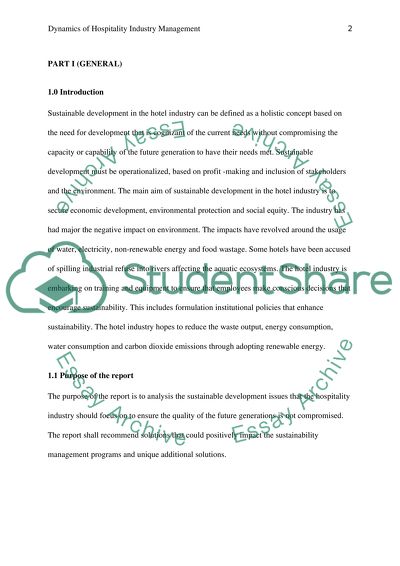Cite this document
(“Dynamics of Hospitality Industry Management report Assignment”, n.d.)
Retrieved from https://studentshare.org/tourism/1472992-dynamics-of-hospitality-industry-management-report
Retrieved from https://studentshare.org/tourism/1472992-dynamics-of-hospitality-industry-management-report
(Dynamics of Hospitality Industry Management Report Assignment)
https://studentshare.org/tourism/1472992-dynamics-of-hospitality-industry-management-report.
https://studentshare.org/tourism/1472992-dynamics-of-hospitality-industry-management-report.
“Dynamics of Hospitality Industry Management Report Assignment”, n.d. https://studentshare.org/tourism/1472992-dynamics-of-hospitality-industry-management-report.


